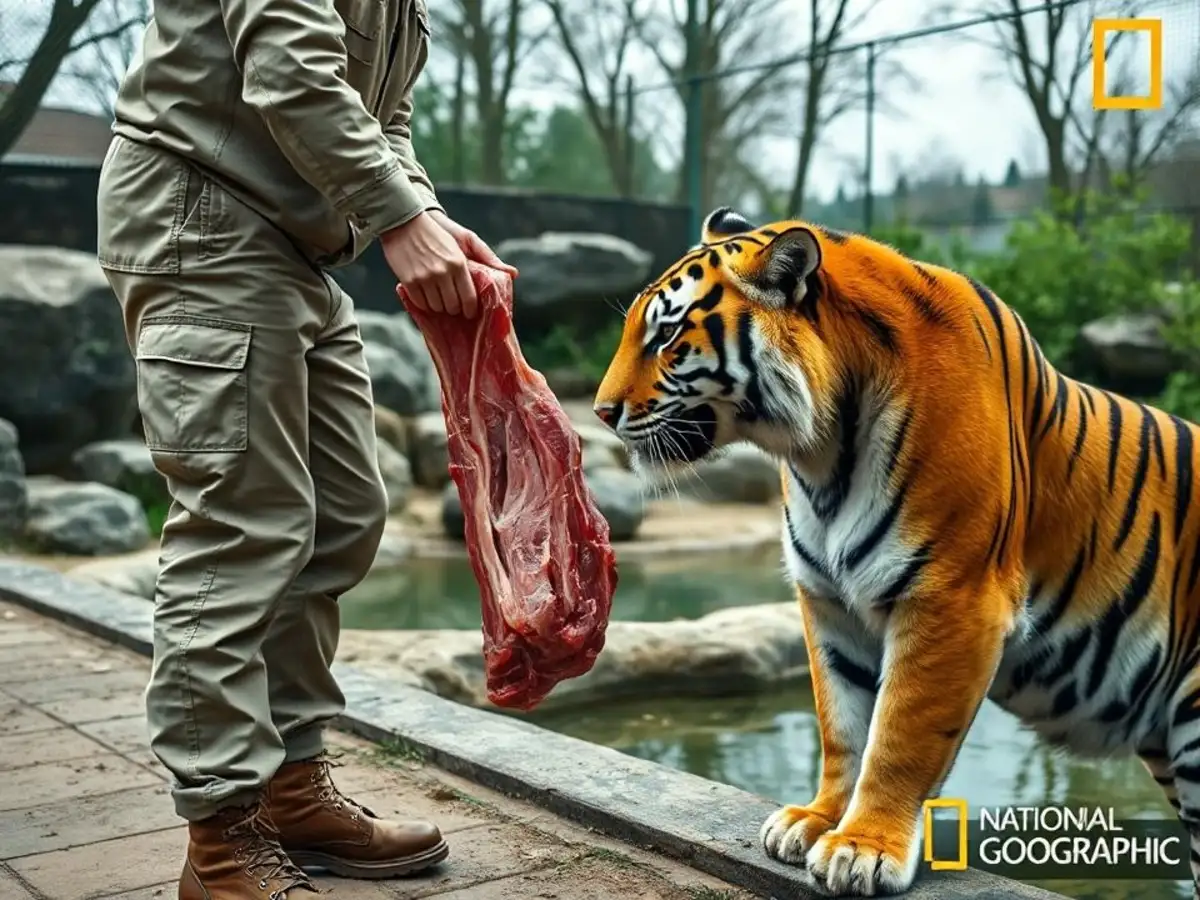A zoo in northern Denmark has ignited global debate after publicly inviting pet owners to donate animals — including rabbits, guinea pigs, chickens, and even small horses — to be used as food for its carnivorous inhabitants.
The request, made by Aalborg Zoo, aims to provide its predators such as lions, tigers, and lynxes with whole prey as part of what the zoo describes as a more natural and enriching diet. Zoo officials argue that feeding their animals with entire carcasses better mimics wild feeding behavior and improves animal welfare by keeping hunting instincts alive and digestive systems healthy.
Under the policy, animals must be healthy at the time of donation and euthanized by professionals before being offered as feed. While the program has existed in some form for years, the zoo’s recent decision to publicize it more openly has led to widespread attention — and backlash.
Among the most controversial aspects is the inclusion of horses in the donation list. Donors are allowed to give up ponies and small horses that meet specific criteria, such as not having received recent medical treatments and possessing proper documentation. While the zoo insists all donations are handled ethically and in accordance with Danish regulations, the idea of giving away companion animals for predator feed has struck a nerve with the public.
Reactions have been sharply divided. Critics call the practice “barbaric” and question the ethics of using former pets as food, especially in cases where animals may have once been part of a household. Social media users expressed outrage, describing the appeal as emotionally insensitive and tone-deaf in a country where pets are often viewed as family members.
Supporters, however, say the move is a practical and sustainable alternative to wasteful euthanasia. Many argue that donating unwanted or aging animals to zoos could be a dignified way to close the life cycle, especially if those animals would otherwise be discarded or put down for non-medical reasons. Some Danish citizens who have previously donated animals describe the process as humane and respectful.
Zoo officials emphasized that the animals are not slaughtered in front of the public, nor are they taken from people under coercion. Donations are voluntary, and guidelines are in place to ensure animals are euthanized calmly and without suffering.
The controversy also sheds light on the broader debate over ethical feeding practices in modern zoos. Many institutions around the world rely on processed meats or pre-killed animals from farms. Aalborg Zoo, however, believes in maintaining more naturalistic diets for its predators, which can include fur, feathers, and bones — components missing from conventional meat cuts but essential for natural behavior and nutrition.
As the public continues to voice opinions from both sides, the zoo stands by its decision, urging people to consider the full context of animal care, sustainability, and predator needs. Whether the controversy will lead to policy changes or influence how other zoos approach feeding remains to be seen. For now, Aalborg Zoo remains at the center of a heated conversation about what it truly means to care for animals — both those inside the enclosures and those outside.
















Leave a Reply